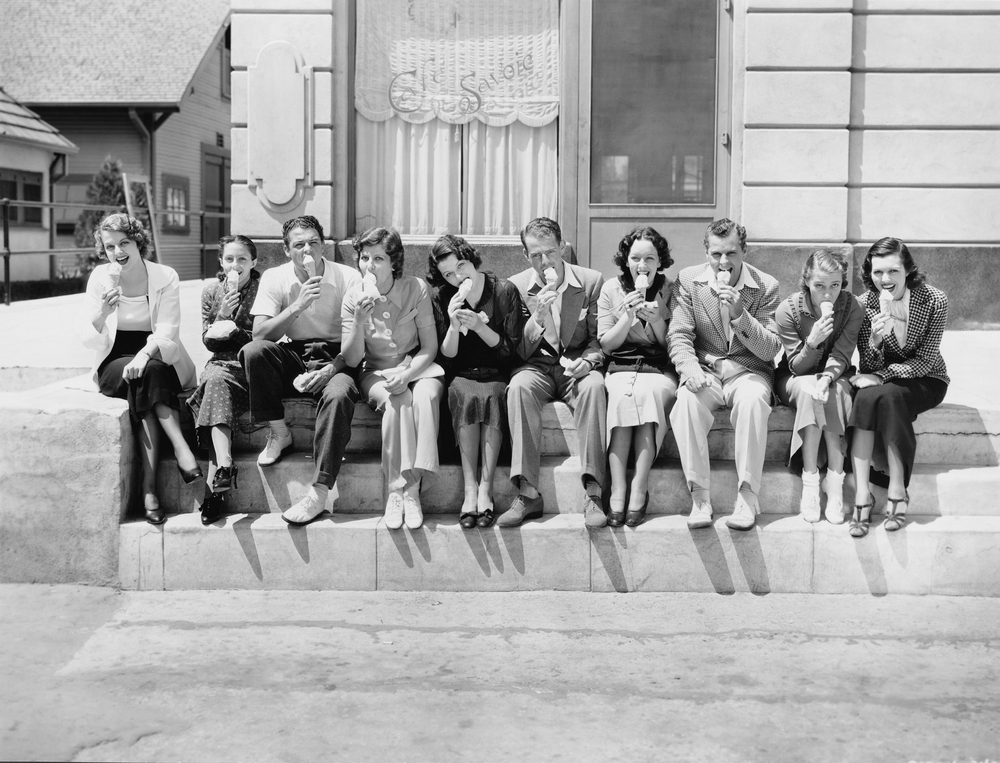There is a word that does almost as much in its absence as it does in its presence. It’s one of the earliest words we are taught and is right up there with ‘yes’ and ‘no’ for importance.
The word is ‘thank you’, and now the research is in on why it matters so much.
Research has previously demonstrated the importance of warmth (friendliness, thoughtfulness) and responsiveness in maintaining relationships and facilitating new ones.
One of the ways is by and enhancing the way an interaction is perceived and remembered later on.
A recent study has looked specifically at the role that expressing gratitude plays on social relationships, and has found that saying ‘thank you’ does more than tick the good manners box.
Extending, or not extending, gratitude affects the way we are seen by others. Saying thank you gives the impression that you are someone who has the potential of forming a high-quality relationship, making it more likely that others will seek an ongoing social relationship with you.
The Australian-led study was based on the find-remind-and-bind theory of gratitude, which suggests that gratitude:
- underpins new relationships (find);
- steers people toward existing relationships (remind); and
- enhances and maintains both (bind).
The study specifically tested the ‘find’ part of the theory.
The Study: What They Did
The study involved 70 participants who were asked to act as mentors to high school students by giving the students advice on a writing sample they were intending to use for their university admission.
All participants later received a handwritten note from their supposed mentee. Half the notes were simply an acknowledgement of their advice. For the other half of the participants, the note included an expression of gratitude from the mentee, ‘Thank you SO much for all the time and effort you put into doing that for me!’
Participants then completed a series of questionnaires to measure their impressions of the mentee and advised that if they wanted, they could reciprocate and leave the mentee a note. This was done to see how gratitude affected the formation of a social connection. It was left up to the participants to decide whether or not they left their contact details in the note.
What They Found
The participants who received a note that expressed gratitude were over one third more likely to extend the effort to continue the relationship by leaving their contact details, compared to those who only received an acknowledgement.
Researchers found that the mentees who expressed gratitude were seen as being significantly warmer people.
Those who express gratitude are not only seen as warmer, but are more likely to engender gratitude from others.
Gratitude also facilitates social connections, with people more likely to ‘find’ grateful others because of their perceived warmth.
‘Our findings represent the first known evidence that expression of gratitude facilitates the initiation of new relationships among previously unacquainted people,’ explained research and psychologist Dr Lisa Williams.
Perceived warmth is an important element of building and maintaining social relationships. It’s easy to dismiss a simple ‘thank you’ as unimportant but research clearly says otherwise, showing it to be an important factor in how others perceive us.
Scientists have found that on top of this, gratitude has plenty of other benefits. It can:
- strengthen immune systems;
- lower blood pressure;
- increase positive emotions such as joy, optimism and happiness;
- promote generosity and compassion; and
- diminish feelings of loneliness and isolation.
The core of gratitude is expressing appreciation for what you have rather than what you need or want.
Lack of appreciation is a major contributor to the downfall of relationships. People on their way out of a relationship commonly report ‘not feeling appreciated’ as a major reason for their decision to leave.
Saying ‘thank you’ is an acknowledgement that enough has been given, and that the effort is not only notice, but appreciated. Saying it with eye contact is a way to ensure an impact. Few things convey more warmth, generosity and openness.
It’s no wonder then, that in a world that often feels like it wants more from us, ‘thank you’ can be a game changer in relationships, new and old.



I am alone, have been for four years. My husband died, my daughter decided his life insurance money was hers not mine, literally physically moved me in with her and in 3 months it was gone. “She said she wanted me gone yesterday.”
Told everyone I was a drug addict, including my Grandchildren. In the state I was in it appeared so.
I lost everyone and everything.
I got off all the pills, but those pain meds I still need them. I don’t take them. Wheelchair bound its soon,
all that is left for me is a medicare rest home.
I am what happened to me.
I am sad lonely I sound bitter but I am afraid.
I hope you find happiness